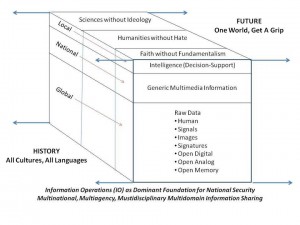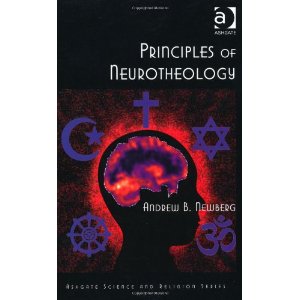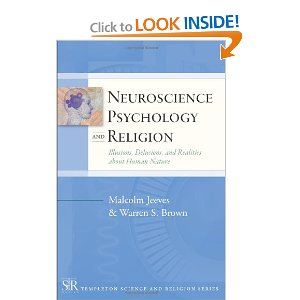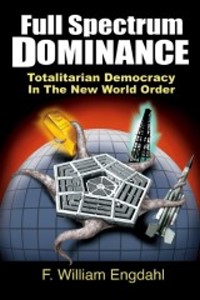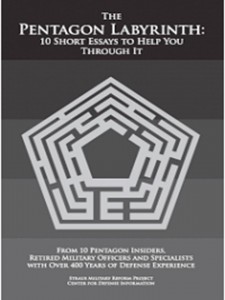
Robin O'Brien and Rachel Kranz
5.0 out of 5 stars Parents; READ THIS BOOK!
May 20, 2009
By Rui Jie (Wisconsin) – See all my reviews
The food industry pissed off the wrong Mommy of Four. Sarah Palin might call Robyn O'Brien (author of The Unhealthy Truth) a pitbull with lipstick. She might be blond and pretty, but when her youngest child, Tory, had an allergic reaction to eggs, she didn't take “Don't worry your pretty little head about it” for an answer. Why are allergies and asthma on such a rise in America?
The answers were largely: We don't know and we're not really studying it. Better yet, there were two competing camps that each thought the other one's strategy would harm the kids. One thought you should expose your kids to the foods they are allergic to in small doses to see if the allergy would go away, and the other thought you should totally avoid any contact to the allergic food at all to see if it would go away. Riiight. It's nice to have theories, it's nice to do research, but what happens if you have kids, they have allergies, and you have to feed them NOW?

